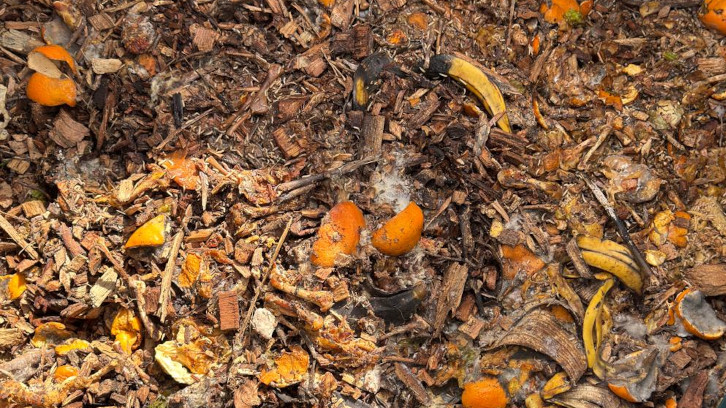The Interreg Euro-MED CirBiowaste project, a new opportunity for the Bioeconomy

The UAB coordinates the Interreg Euro-MED CirBioWaste project, an initiative with the aim of promoting a circular and sustainable economic model based on the Bioeconomy based on composting and anaerobic digestion of organic waste. The first meeting of the project took place last June at the UAB.
In recent years, the Bioeconomy, understood as a new circular and sustainable economic model based on the use of renewable and local natural resources to produce goods and services in all economic sectors has consolidated itself as an alternative to traditional economic models that are often associated with a great environmental impact and a waste of resources.
A paradigmatic case of how the Bioeconomy can change our perceptions is the waste that we generate in our daily activities. Often, waste has been considered annoying materials that need to be disposed of, while in models based on the Bioeconomy, these products become raw materials for the production of bioproducts and bioenergy. Currently, composting and anaerobic digestion of organic waste are two clear examples of this philosophy and are fully accepted and integrated as ways of managing and valorizing organic matter generated in homes.
In this context, researchers from the GICOM Research Group at the Department of Chemical, Biological and Environmental Engineering of the UAB have obtained funding from the European Interreg Euro-MED program to coordinate, together with partners from countries such as Portugal, Italy, Bulgaria and Greece, the CircBioWaste Project, acronym for “Fostering innovative and sustainable bio-waste management and circular bio-economy in the Mediterranean area project”.
The project, coordinated by the UAB, has different objectives. Firstly, to promote efficient public awareness models to reduce the generation of bio-waste and increase selective collection by addressing the change in consumer behaviour. Secondly, to transfer efficient models of selective collection, developed in regions with long experience, to territories where this process is just beginning. It also pretendrs to promote efficient recycling of bio-waste in centralized or decentralized plants (domestic and community composting). And, finally, the project will promote the effective use of recycled products from waste (organic fertilizers) to the soil to improve the return of nutrients and organic matter.
The partners that make up the Consortium are Universitat Autònoma de Barcelona, in Spain, Fundació ENT, in Spain, the Italian Compost and Biogas Consortium (CIC), the Association for the Sustainability of the Earth System, in Portugal, the Ecological Recycling Society (ECOREC) in Greece, and the Regional Energy Agency of Pazardjik (REAP) in Bulgaria. The project began with the corresponding Kick-off Meeting on June 13, 2025, and will be developed over two years.
Department of Chemical, Biological and Environmental Engineering
Universitat Autònoma de Barcelona

